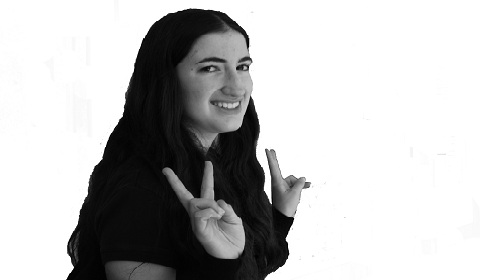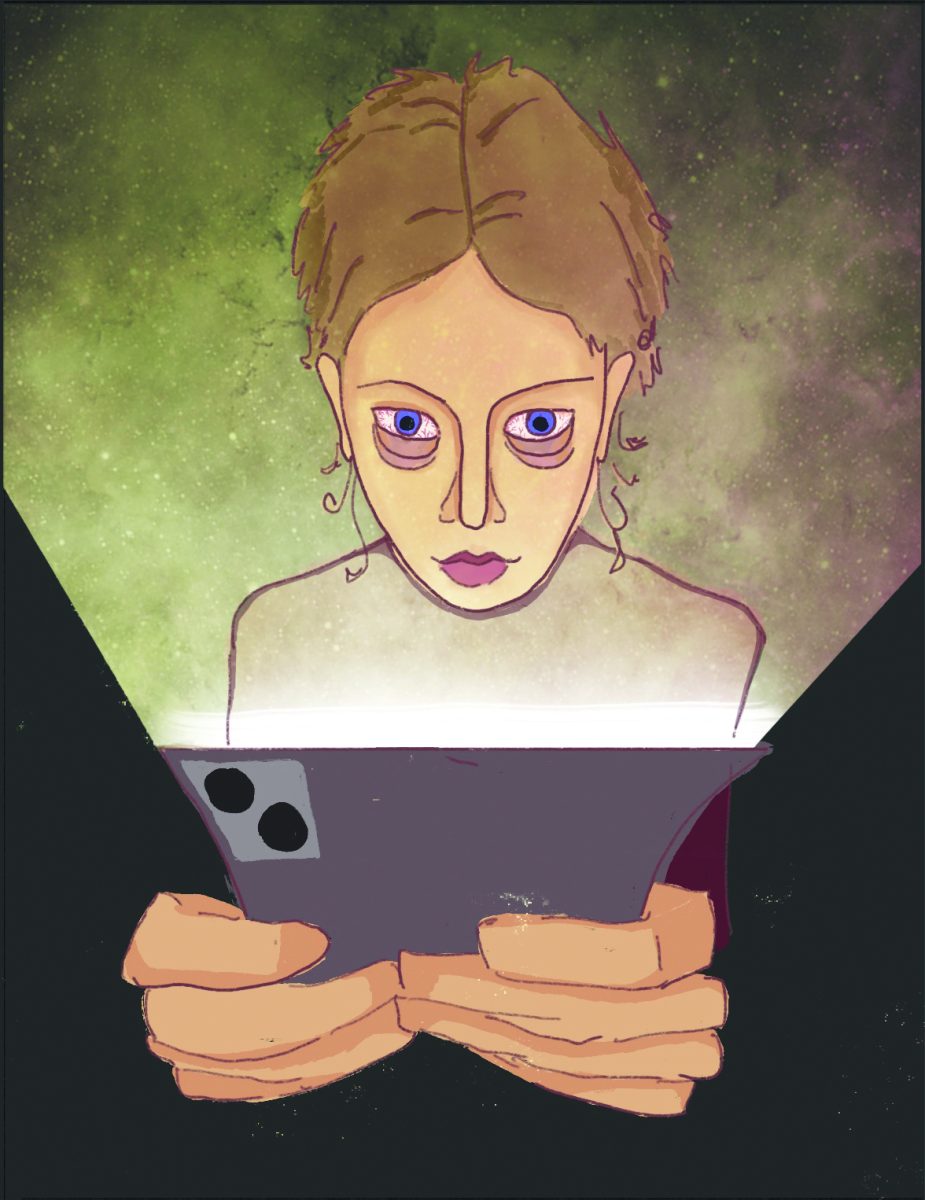
The UltraViolet has long adhered to a policy of quote checks. During every production cycle, we email the faculty members who have been interviewed for articles to confirm their quotes with them. Although I do not object to ensuring that we report quotes accurately, I think it is unethical to give anyone, including teachers and administrators, the opportunity to retroactively alter or redact statements that they made on record.
The practice of quote approval has been rejected by all major news sources because it grants sources too much control over the content of articles. In June 2012, the New York Times revealed that it allowed sources on political campaigns to change their quotes after interviews, not only to make the sources’ syntax seem more polished, but also to revise the information and opinions that they had provided. The Times’s decision to quote-check was met with so much backlash from the journalism community that the paper repealed the policy in Sept. 2012. The paper’s critics claimed that the Times’s policy of quote-checking violated the standards of journalistic integrity, which dictate that sources should not be able to influence the angle of an article by revising their quotes to make them seem less controversial.
The primary justification for quote checks, one that the UV has used for the past three years, is that the practice ensures that we do not misquote the faculty or staff. However, if we hope to adhere to the same standards of behavior that guide professional publications, we must be confident in our ability to quote people precisely without depending on them to correct us.
Additionally, the UV has recently encountered ethical issues that have made this change even more important. In a few previous issues, faculty members have requested that we change not just the syntax, but also the content of their quotes. Most publications do not allow quotes to be polished so that the speaker sounds more articulate, and neither should the UV, but permitting sources to alter the opinions that they expressed is a clear violation of our commitment to accurate and honorable reporting.
I recommend that the UV mandate all reporters to record and save their interviews if their sources permit it; in this way, we can review quotes prior to publication without compromising our integrity. If a member of the faculty believes that we have misquoted him or her, he or she can ask to listen to the recording, and if we have indeed been inaccurate, I will correct it in this column or issue an official statement on the website.
If we must continue to quote check, faculty should be able to either allow us to publish their quotes or withdraw them entirely, but not to alter the opinions that they expressed. I believe that by adhering to these guidelines, we will be able to more adequately fulfill our mission statement, part of which is “demonstrating ethical and objective news reporting.”




